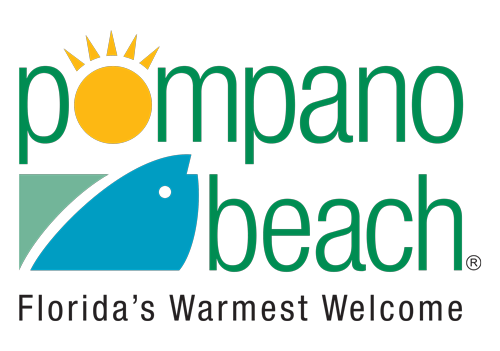Group Homes
What is a group home?
A “group home” is referred to in the Zoning Regulations as a “Community Residence” or a “Recovery Community.” A “Community Residence” is a residential use that provides a family- style residence for people with developmental disabilities, mental illness, physical disabilities, the frail elderly, people in recovery from alcohol and/or drug addiction, and others with a disability that severely limit their ability to perform some of the everyday life tasks most of us take for granted. A “Recovery Community” is a larger aggregation of people in recovery, generally in multi-family structures, that do not emulate a biological family.
A “Community Residence” is either classified as a “Family Community Residence,” or a “Transitional Community Residence.” The relatively permanent Family Community Residence is allowed as a permitted use in single-family residential zoning districts; however, Transitional Community Residences (since they are more akin to the sort of housing for which multi-family districts were designed) warrant a case-by-case review if they are proposed in a single-family district and thus require a special exception in certain areas. Multi-family zoning districts will allow all community residences, provided that the proposed home complies with the adopted distance separation standards and is licensed or certified.
What rules apply to “group homes”?
In the City of Pompano Beach “group homes” are required to have a state license or state certification, group homes that are not licensed by a state agency must seek approval of the Zoning Board of Appeals, by way of a Special Exception in order to operate. They are required, pursuant to Florida State Statutes and the City of Pompano Beach Code of Ordinances, to be separated from similar homes. Refer to the Ordinance 2018-60, for more details.
Are “group homes” allowed in single family neighborhoods?
Yes, state licensed group homes are allowed in single family neighborhoods as long as they are in compliance with the required minimum distance separation from another group home. A group home which is not license or certified by a state agency or doesn’t comply with the minimum distance separation may be permitted in single family neighborhoods; however, they must seek approval of the Zoning Board of Appeals, by way of a Special Exception in order to operate.
A “Community Residence” is either classified as a “Family Community Residence,” or a “Transitional Community Residence.” The relatively permanent Family Community Residence is allowed as a permitted use in single-family residential zoning districts; however, Transitional Community Residences (since they are more akin to the sort of housing for which multi-family districts were designed) warrant a case-by-case review if they are proposed in a single-family district and thus require a special exception in certain areas. Multi-family zoning districts will allow all community residences, provided that the proposed home complies with the adopted distance separation standards and is licensed or certified.
Are there separation requirements for “group homes”?
Community Residences and Recovery Communities are subject to distance separation requirements from other similar uses so as to avoid clustering and altering the character of the neighborhood. A group home doesn’t comply with the minimum distance separation may be permitted in single family neighborhoods; however, they must seek approval of the Zoning Board of Appeals, by way of a Special Exception in order to operate.
Are sober homes regulated?
Five Florida agencies license different types of community residences for people with disabilities, but not all disabilities are covered by the state. The state does not license recovery communities. The State of Florida has, however, established a voluntary certification program for the operators of such recovery residences and recovery communities. The City of Pompano Beach requires certification, or successfully obtaining a Special Exception if they are not licensed or certified, in order to maintain a group home. Failure to prove licensing or certification will result in revocation of the existing zoning approval and trigger a reasonable 60-day period to close down and relocate occupants to a proper residential or institutional setting.
What can the city do if a “group home” is causing problems in the neighborhood?
If the group home has been approved as a “Community Residence” or “Recovery Community,” depending on the issue, the City will contact the state licensing agency. Depending on the problems being caused, the City will send the appropriate Staff to investigate the problem. If the problem is illegal activity, BSO will be sent to investigate. If the problem is a City Code violation, the property owner will likely be cited by Code Compliance and scheduled for a hearing in front of the City’s Special Magistrate.
Who can I call if the group home is causing problems in the neighborhood?
The most common complaints the City receives, as well as the City department’s contact information, are available on the "Complaints: Who to Contact” tab. Complaints regarding Noise are also available on the “Noise” tab. Please review these pages and contact the responsible department. If the complaint is not listed, please email Businesstaxreceipt@copbfl.com
